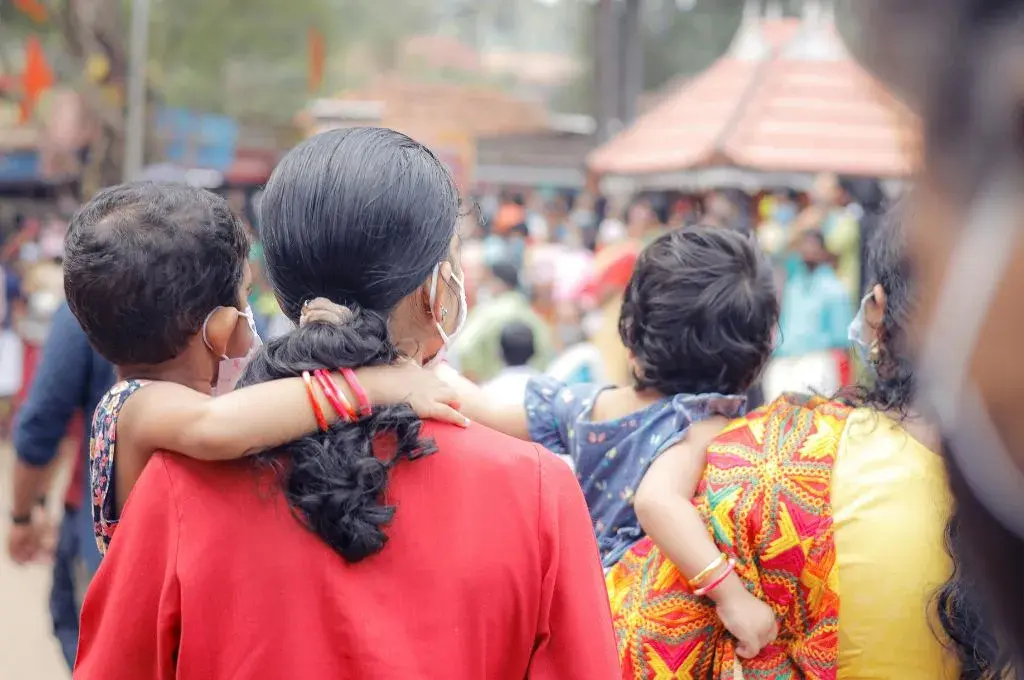Individuals working in social change are solving the most complex problems humanity faces, often in resource constrained environments. For many, this work takes a toll on their physical, mental, and emotional health. The COVID-19 pandemic, which has brought an economic slowdown and increased requests for support from frontline responders, has exacerbated these conditions. It has forced social change organizations to make the difficult decisions, including shutting down programs, laying off staff, and reducing wages.
Amid growing demand for support and ever-changing circumstances, it’s more essential than ever for individuals in the field of social change—and especially the ones on the frontlines—to tend to their well-being.
This is an excerpt from the article Art for Solidarity by Nancy Kapoor.
This article is a part of a special series on the connection between inner well-being and social change, in partnership with The Wellbeing Project, Stanford Social Innovation Review, Schwab Foundation at the World Economic Forum, and Skoll Foundation.





